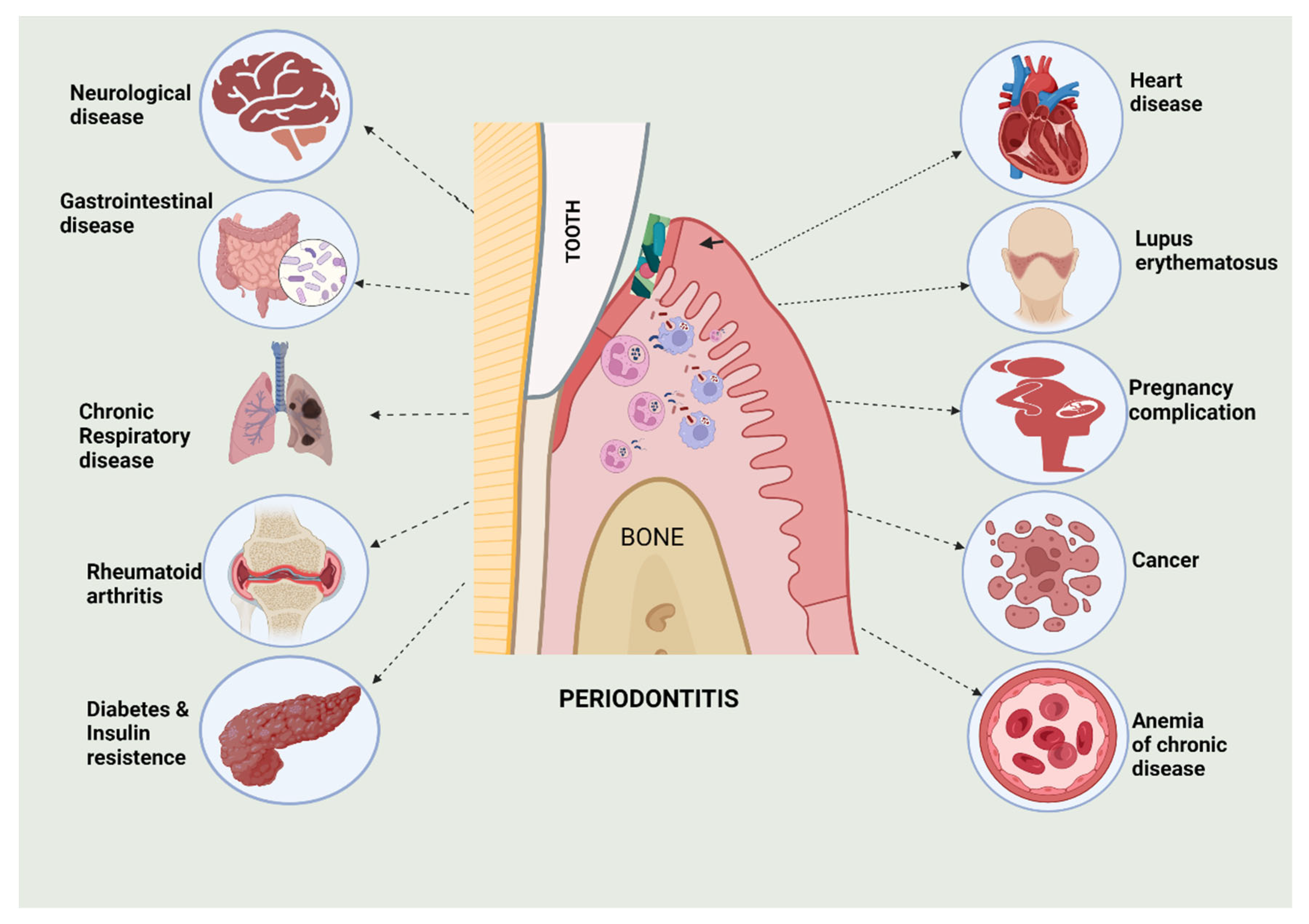
Parramatta is a vibrant suburb located in the western part of Sydney, Australia. And if you’re looking for a dentist in Parramatta, you’ll find a variety of dental clinics and practices that cater to different dental needs. Meanwhile, the health of your teeth and gums is important for your overall well-being, and many different factors can affect it. Ensuring good oral hygiene requires more than just routine brushing and flossing. Genetics also have a significant impact on oral health. Genetic factors can influence an individual’s susceptibility to various oral health conditions and diseases. So, this blog post will delve into genetics’ impact on oral health and disease, shedding light on how your genes can impact your dental well-being.
Genetic Factors and Tooth Development
Genetics can influence the development and structure of your teeth. The process of tooth development is complex, involving the interaction of various genes and signalling pathways. Genetic mutations or alterations in these genes can lead to abnormalities in tooth development, such as missing teeth (hypodontia), extra teeth (supernumerary teeth), or malformed teeth.
Genetic factors can influence your tooth enamel’s strength and durability. The enamel is the outermost layer of your Your tooth enamel serves as a protective shield that guards against decay and erosion. Some individuals may have inherited genetic variations that result in weaker enamel, making their teeth more susceptible to dental problems.
Genetic Predisposition to Dental Diseases
Did you know that genetics can make some people more susceptible to dental diseases? New research shows that specific genetic differences can raise the risk of periodontal disease. This condition leads to swelling and infection of the gums and tissues holding the teeth. These genetic variations can affect the body’s immune response and inflammatory pathways, making some individuals more prone to periodontal disease than others.
Similarly, genetics can influence an individual’s susceptibility to tooth decay (dental caries). Certain genetic variations can impact the structure of teeth, making them more prone to cavities. Additionally, genetic factors can influence the composition of saliva, which plays a crucial role in protecting teeth against decay. Variations in genes involved in saliva production and function can affect the protective properties of saliva, increasing the risk of tooth decay.
Genetic Testing and Oral Health
Advancements in genetic research have paved the way for genetic testing in various fields, including dentistry. Genetic testing allows individuals to understand their predispositions to certain oral health conditions and diseases. By identifying specific genetic variations, a dentist in Parramatta can personalise treatment plans and preventive strategies to mitigate the risks associated with genetic predispositions.
For example, individuals genetically prone to periodontal disease can receive targeted preventive interventions, such as more frequent professional cleanings or specific oral hygiene instructions. Similarly, those at high risk for tooth decay can benefit from early intervention, such as dental sealants or fluoride treatments.
Oral Health Practices for Everyone
While genetics undoubtedly play a role in oral health. It is essential to note that good oral hygiene practices are still crucial for maintaining dental health for everyone, regardless of their genetic predispositions. Regular brushing, flossing, and routine dental check-ups are fundamental in preventing oral diseases.
Furthermore, a healthy lifestyle, including a balanced diet and avoiding tobacco use, is essential for optimal oral health. These habits contribute to overall well-being and can help minimise the impact of genetic factors on oral health.
Conclusion:
Genetics undeniably influence your oral health and your predisposition to certain oral diseases. Understanding genetic predispositions through genetic testing can help dentists develop personalised treatment plans and preventive strategies. However, it is important to emphasise that good oral hygiene practices. Its healthy lifestyle are fundamental for maintaining optimal oral health, regardless of genetic makeup. Combining genetic knowledge with proper oral care allows you to strive for a healthier and brighter smile.

